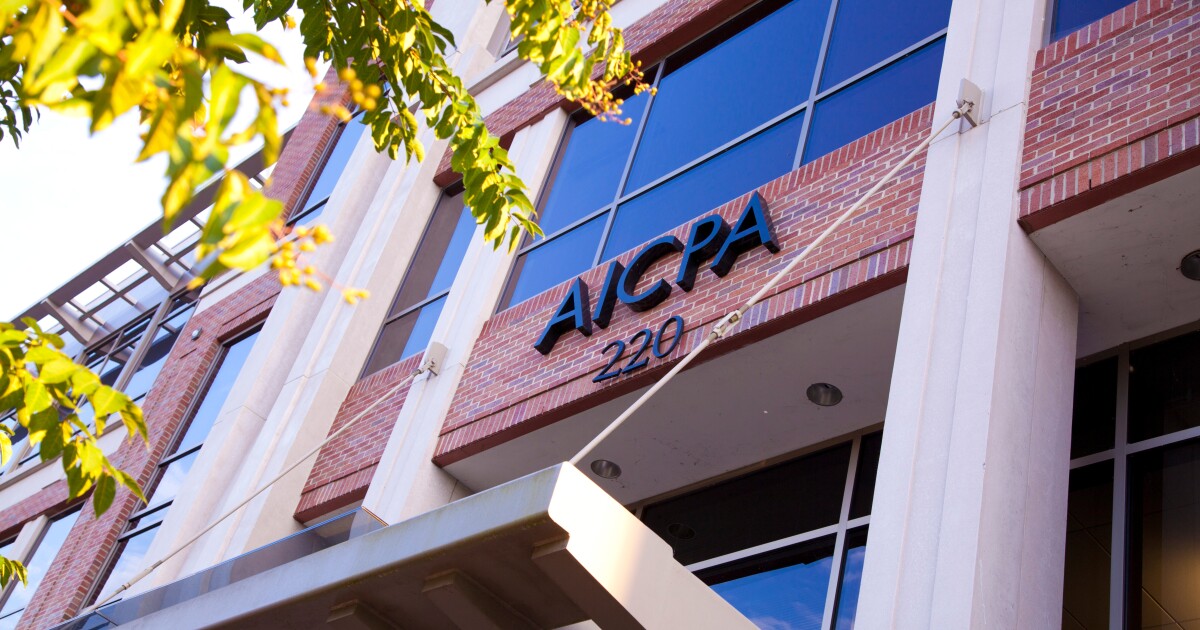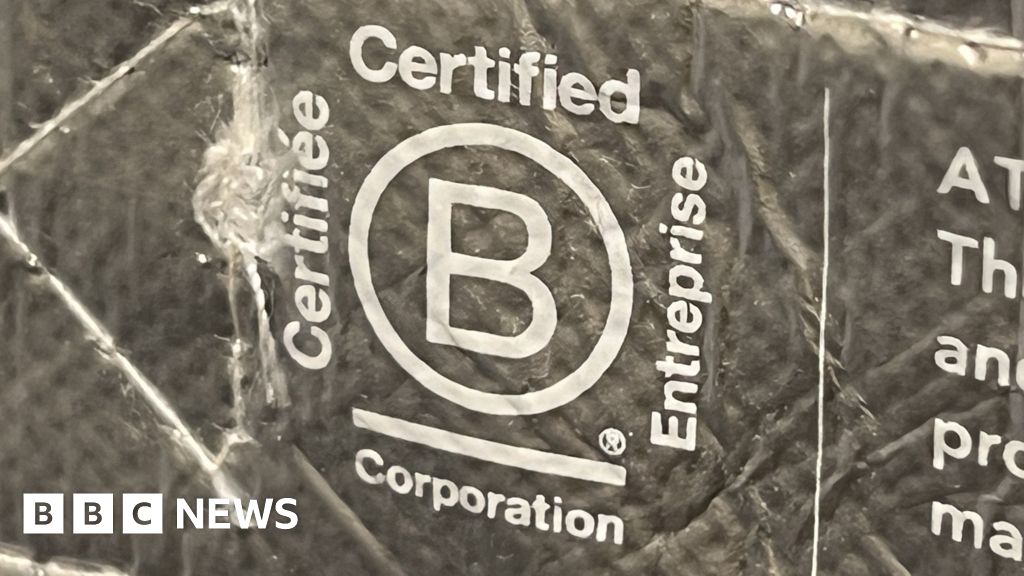The American Institute of CPAs’ governing council endorsed a plan to accelerate the number of young accountants entering the accounting profession.
During the spring meeting of the AICPA Council in Washington, D.C., members of the governing body approved a resolution Wednesday supporting the Pipeline Acceleration Plan. The AICPA detailed the national strategy last week, which aims to boost the number of accounting graduates who enter the profession and go on to obtain a CPA license (see story). The AICPA plans to lead a united, profession-wide effort to achieve those goals.
The resolution calls for implementation of “a continuous research-driven national pipeline strategy that, among other things, addresses the image of the profession in the eyes of students as well as educational and experience requirements, and outlines short and long-term initiatives and actions that result in measurable outcomes to address the profession’s ongoing and evolving human capital needs and priorities.” It requires regular progress updates at Council sessions, starting in October.
The resolution also endorses the preservation of CPA mobility to allow CPAs to practice across licensing jurisdictions, while considering key components of licensure. Some state societies like the Minnesota Society of CPAs have proposed to allow CPA candidates to earn the license without a full 150 credit hours, but the AICPA has warned that could hurt the ability to practice across state lines (see story).
The plan commits to a wide-ranging dialogue on solutions, while stressing the need for measurable outcomes and accountability from stakeholders across the profession. Input from those partners, which include accounting firms, state CPA societies, employers, regulators and educators, will be critical.
“We understand the great urgency Council members expressed today on fixing our pipeline issues,” said Susan Coffey, the AICPA’s CEO of public accounting, in a statement. “We share it. We need a sustained, collaborative approach to broaden the pool of prospective CPA candidates. The path we set today strikes the right balance in moving forward with pipeline fixes that have broad consensus, while allowing deeper engagement on issues that are more challenging.”
More details about the timing and structure of upcoming pipeline strategy sessions are expected to be shared soon.
State CPA societies have been trying out some of the approaches in the AICPA plan.
“In Pennsylvania, we’re working on many of these items,” said Pennsylvania Institute of CPAs CEO Jennifer Cryder, who has been attending the spring meeting of the AICPA Council. “The Experience, Learn and Earn program is a centerpiece of the AICPA’s plan, and it’s really similar to work I’ve been doing here in Pennsylvania to find ways to get more access to the profession through work and learn programs. There’s a lot of overlap there.”
She and hundreds of other accounting profession leaders from across the country are coming together to discuss such issues at the AICPA Council meeting. “We’ve got a great delegation from Pennsylvania here,” said Cryder. “I’m hearing an immense amount of thoughtful discussion of these issues, a great diversity of viewpoints and a lot of effort and urgency around accelerating solutions.”
Also during the meeting, Okorie L. Ramsey, vice president of Sarbanes-Oxley compliance at Kaiser Foundation Health Plan and Kaiser Foundation Hospitals, was elected as the new chair of the American Institute of CPAs and the Association of International Certified Professional Accountants, for the one-year post. Carla McCall, managing partner of Alexander Aronson Finning CPAs, was voted in as vice chair, which means she will succeed him the following year.
“We are a profession of leaders,” Ramsey said in his acceptance speech. “And it is our duty to guide people, firms, businesses and economies. Together, we can seize the moment and shape our future.”
He listed several areas of focus for his term: innovate to advance the profession, instill integrity and trust in sustainability, support the next generation and give them enhanced opportunities to succeed. The AICPA is looking ahead to a revamped and more tech-focused CPA exam next January as part of its CPA Evolution initiative.
“Through CPA Evolution, we are on track for the January 2024 launch of the new CPA exam,” said Ramsey. “There will be an increased focus on data and technology concepts in all exam sections.”
Credit: Source link











